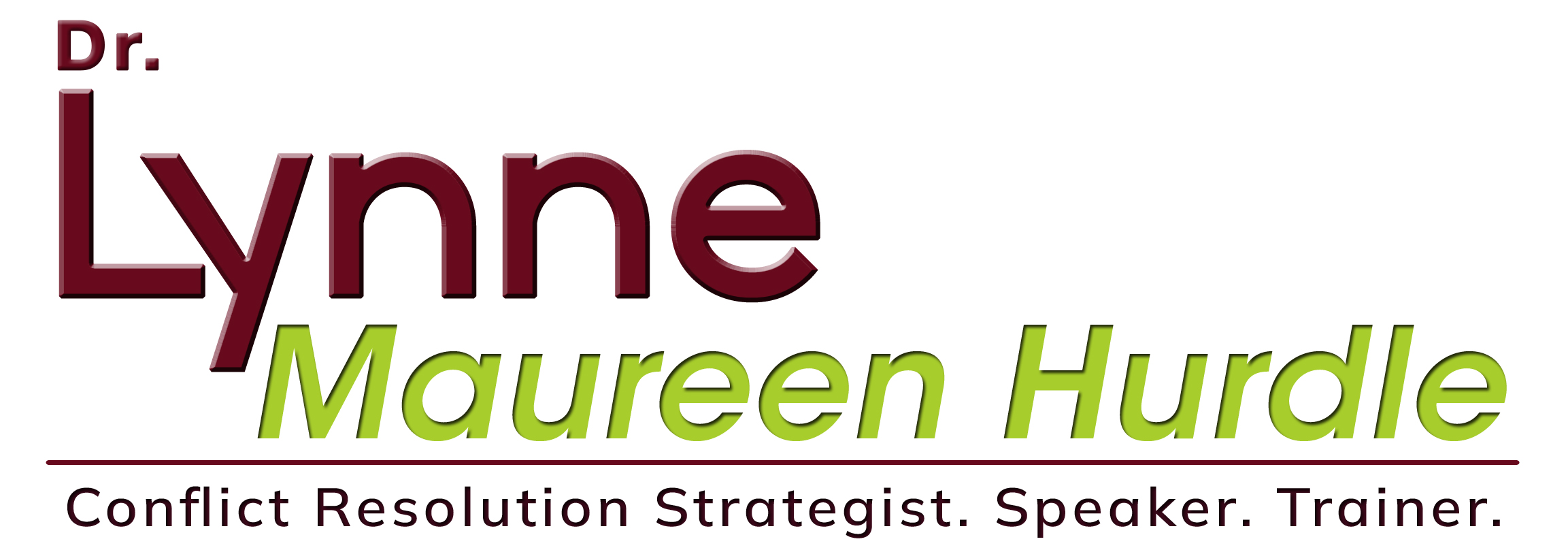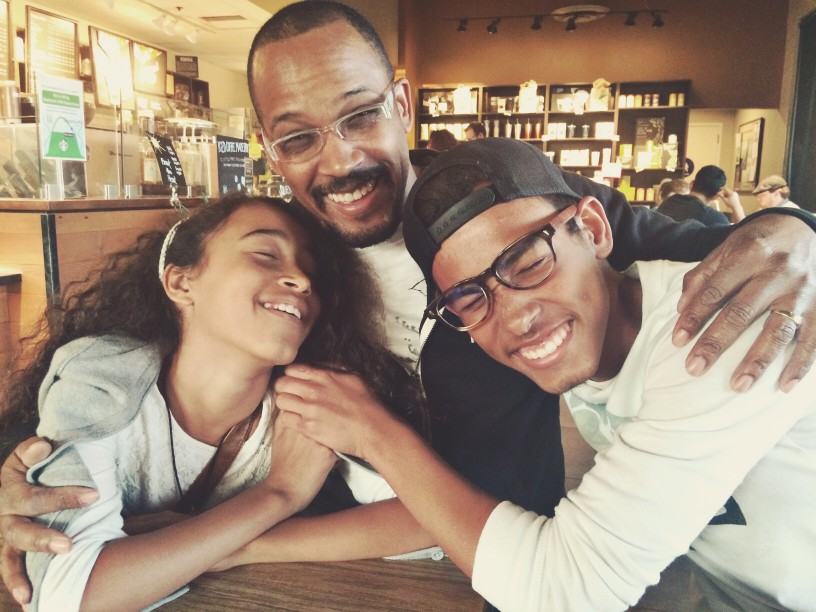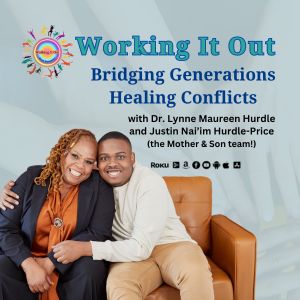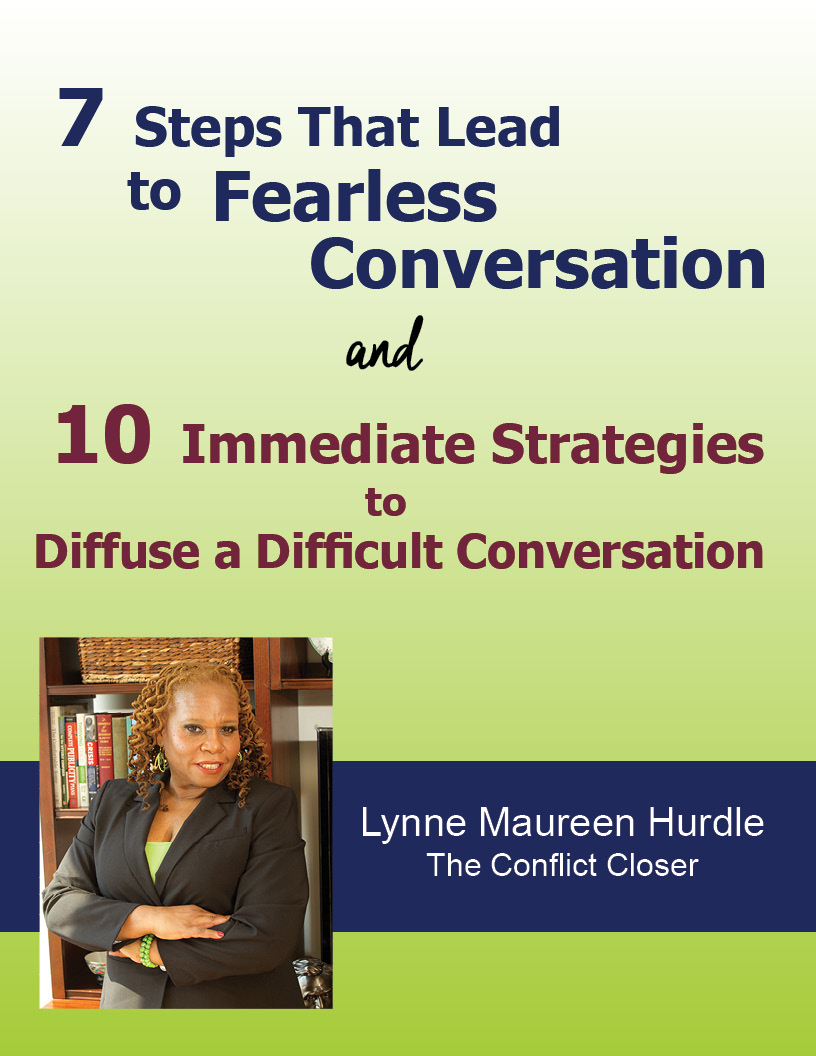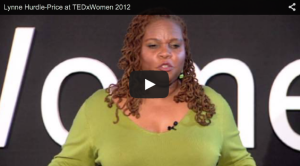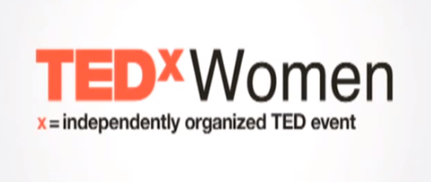Let me talk to parents a moment here.
“To fear is one thing. To let fear grab you by the tail and swing you around is another.” – Katherine Paterson, author children’s novels
Fear Wears Many Disguises
Fear is a very strong motivator. It’s an invisible accomplice in almost everything we do, especially as parents. Seth Norrholm, a translational neuroscientist states that most fears are learned, “developed at a young age, influenced by our environment and culture. You get evidence from your parents and your environment that you need to be scared of these things.” As we get older these fears get reinforced by association. Unless we work to rid ourselves of these fears or to not express them in front of our children, these fears are inside of us and they influence us heavily.
One of the reasons that fear is able to let itself loose inside of us is because fear’s best disguise is love. How many of us have chosen to protect our child from something “out of love,” but if we were to examine ourselves more deeply, we would see fear waving at us? I’m going to go for it here. For instance, how many of us have yelled at, punished or spanked our children “out of love” when in reality we were so angry at them for doing or saying what they did, we just struck out with the technique that was easiest to access. I maintain that what made you strike out was not in fact anger, but fear masked as anger.
Stay with me here. In order for us to uncover fear in our parenting decisions and choices, we first need to recognize and acknowledge that when we act in anger there are many emotions that feed and support it. Underneath all of those emotions often sits fear. Loneliness, shame, vulnerability and disappointment can all lead to anger if they are left unspoken, unattended to and unresolved.
If we look further at what happens when these emotions are left unmasked (for fear), we often will find mistrust, confusion and discomfort within ourselves, but we won’t know it. Let me explain.
A client of mine came to me for help with a situation with her twelve year old son. He had come to her to talk about an issue he was facing with his friends. As he began to talk, what she heard was how he had tried to help two of his friends that were boyfriend and girlfriend. They were arguing and he was encouraging them to talk it out calmly, but his male friend stormed off blaming him for butting in and his female friend thanked him by kissing him on the lips quickly before walking off.
My client’s problem was that her son was upset with her for not listening to him and she truly did not understand what she had done that was so bad. I asked her to replay the conversation with me. It went something like this:
Son: So, Molly and John are going out.
Mom: What do you mean going out?
Son: They’re dating
Mom: They’re boyfriend and girlfriend?
Son: Yes.
Mom: They’re too young to be dating, they are only 12.
Son: Mom listen.
Mom: Sorry. Ok.
Son: They were arguing and I tried to get them to calm down and just talk about it, but John got mad at me and said I needed to mind my own business and…
Mom: Well, honey you were just trying to help them, that’s nothing for him to get upset about. It was actually a good thing for you to try to do that. That is what friends do.
Son: Mom listen!
Mom: There’s more?
Son: Yeah. John goes running off and then Molly just kisses me. She says thank you for trying to help and just kisses me on the lips and walks away.
Mom: Oh my God. What did you do? Have you been kissed by any other girls? This is terrible. You know how you kids talk. John is going to find out. You need to fix this before it gets around the school. I’m calling John’s mom so we can straighten this out.
And that was pretty much the full conversation. When we talked more, I asked her to recall her feelings when the conversation was happening. She said she felt a lot of pride that he was the kind of person that genuinely wanted to help his friends. She also felt surprised that Molly and John were dating and a little confused as to how this was happening. She felt the urgent need to fix it and make it go away. (Sound familiar?)
When I helped her to look more deeply at the feelings she had to admit that it was all sitting on top of some big fears.
Our Biggest Fears
The truth for us as parents is that my client is not the only one parenting with fear. If we look inside ourselves, there are many fears, but I believe that most of us can tap into one deep, underlying fear. One thing that shows up strong in so many of the circumstances that we are faced with when we deal with conflict and our children. Our biggest fear is that we honestly believe that we don’t know all that we would like to know about how to parent them.
Some of you may debate me on whether or not this is really one of your biggest fears. Many of you would say that your child’s safety is number one. I won’t argue with that, but I will say that we tend to control that one right out the gate. We make sure that everything is clean and baby-proof. We read all of the latest information about how to keep them safe or we gather all of the village wisdom about it.
What we don’t plan ahead for we cover with worry. So, I am not so much concerned with that fear. What I am talking about is a much deeper fear that resides in our own inadequacies of who we are as a person, not just a parent. Let’s call it:
The Fear That We Are Not Enough
Throughout our lives we receive information about ourselves. We take it in from a plethora of sources including those who raised us, teachers, religious leaders, peers, friends, family and media. Some of it we may disregard, but almost all of it is stored somewhere within us. The deeper the impact of the information given the deeper it is stored within us. Some information lands in our brain, in our conscious understanding and other information nestles in our subconscious and hibernates there for further use.
We are a constant collector of information that informs who we are and this is not always a good thing. We can become so accustomed to shaping ourselves based on external sources that we seldom, if ever, check in with ourselves. Very early in our lives, we buy in to the message that the best answer to who I am is outside of me. While other people can have valuable information and input about what is a good way to behave and be a successful, loving, kind and productive human being, the enormous amount of outside information we receive does not instill self-confidence. If we did not have adults close to us who valued our finding out about ourselves by making that honest, insightful journey within supplemented by the external, then chances are we don’t know or trust ourselves.
So, as a parent, when our child confronts us with an issue that we are not ready for or cannot fix quickly, fear takes over. This is the fear that presented itself for my client. The truth is that this is a confidence issue rooted in the lack of trust that we have in ourselves, our faith, the universe or whatever you believe in that takes care of each one of us.
In my case, I believe in God. So, as a result, I believe that I will have the answers even if they are not in this moment. I also believe that I will be able to handle whatever results from the decisions I make in this situation. Coming to this belief took work and a willingness to look introspectively at what I believed about me.
Uncovering the truth sheds light on so many why’s, with the first and most important one being… Why am I afraid? When we make space for awareness to happen and begin to explore this fear, we open an important door to freedom.
Are you ready for that?
I am here if you need me. (Coaching services I offer.)
In Love,
Lynne
(This is an excerpt from my upcoming book on parenting.)
